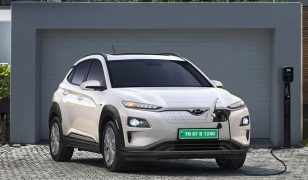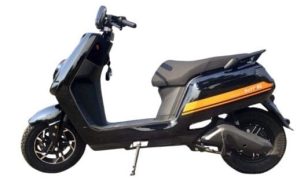All you need to know about ABS (Anti-lock Braking System)

The movement of a vehicle is possible due to the frictional force that is acting between the tyres and road. The braking acts on the principle of torques. When brakes are applied, the brakes apply a torque in the opposite direction of friction and the wheel slowly comes to rest. This is when the anti-lock braking system (ABS) is helpful.
Function
The function of ABS is to prevent the wheels from locking in circumstances of low coefficient of friction or hard braking.
Working
ABS was designed to help the driver maintain stable steering and avoid skidding while braking.
The coefficient of friction is low in dry or slippery surfaces.

Sometimes due to factors like the coefficient of friction and hard braking; the wheels get locked sometimes.
When the friction coefficient is low, there is a less frictional force. When a brake is applied hard or in this type of situation, the amount of torque is very high that the vehicle’s wheels stop rotating and starts to slide instead.
ABS consists of valves in each brake unit, Electronic Control Unit (ECU), Hydraulic Control Unit (HCU) and sensors that monitor wheel speed.
Valves
- The valves check the air pressure. They control the pressure during the ABS action.
Electronic Control Unit (ECU)
- If speed of any wheel is low or high compared to other wheels, the ECU detects the wheel and give instructions to the valves to increase or reduce the brake pressure accordingly.
Hydraulic Control Unit (HCU)
- The Hydraulic Control Unit controls the brakes by increasing the hydraulic pressure
Sensors (Speed sensors)
- These sensors monitor the speed and determine the required acceleration or deceleration.
Advantages
ABS provides good control over steering in slippery or dry conditions and hard braking.
Vehicles with ABS also have a higher resale value and improved traction control.
Disadvantages
- Sometimes ABS works unnecessarily when you apply the brakes hard. Over working of ABS leads to poor performance of brakes.
- ABS is expensive to maintain.
Many vehicles are equipped with an ABS system. Some vehicles with the anti-lock braking system are Tata Tiago, Maruti Suzuki Ignis, Hyundai Creta and Hyundai i20.





